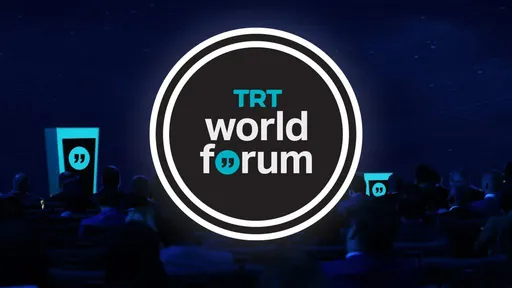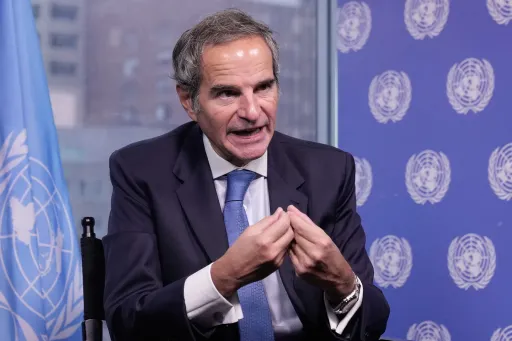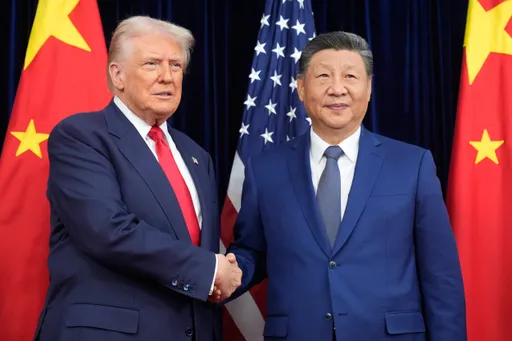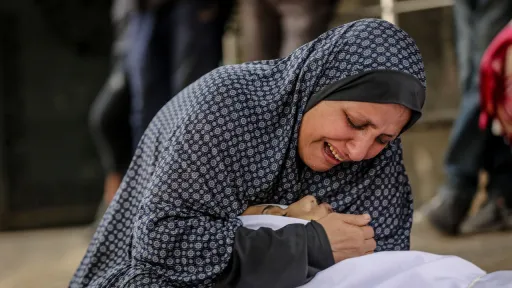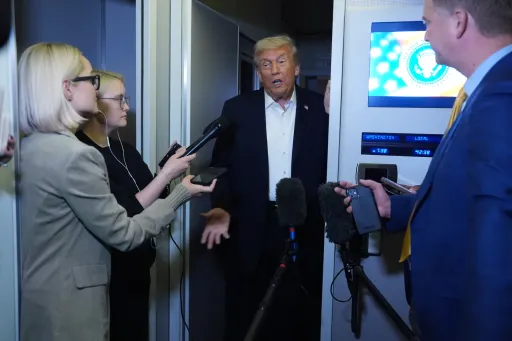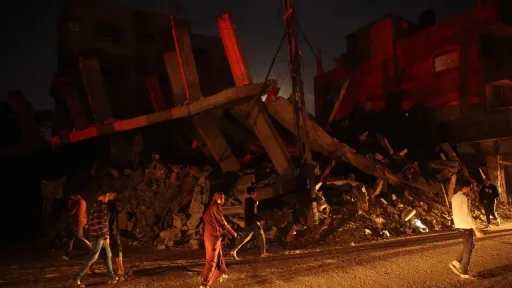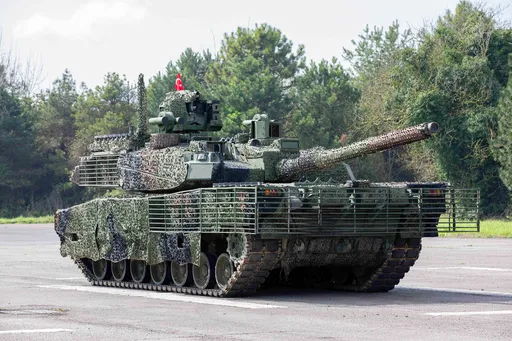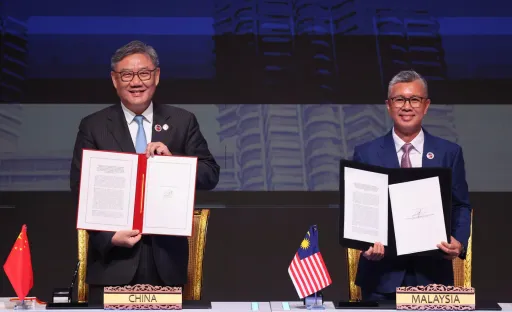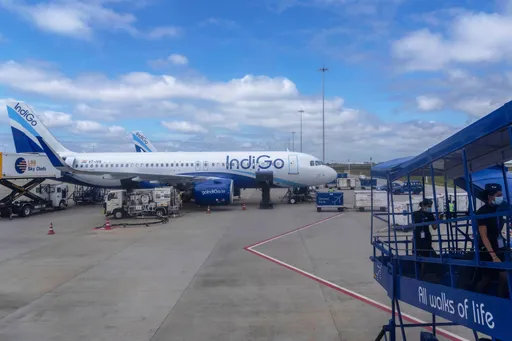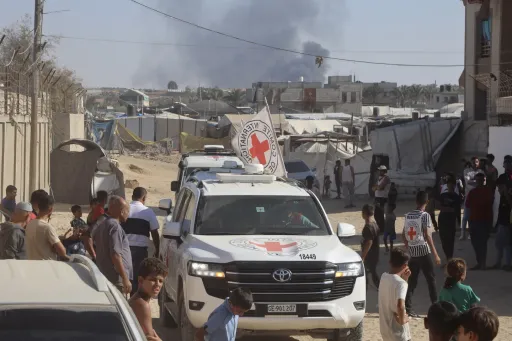By Abdulwasiu Hassan
Apprehensions about the 15-nation ECOWAS inexorably losing its hold on a troika of member states amid turmoil in their neighbourhood sadly appear to have come true.
The military governments of Mali, Burkina Faso and Niger announced on January 28 the withdrawal of their countries from the regional bloc.
Capt Ibrahim Traoré of Burkina Faso, Colonel Assimi Goita of Mali and Gen Abdourahamane Tchiani of Niger, all of whom wrested the reins from civilian governments through coups, issued a joint statement accusing ECOWAS of treating their countries unfairly.
In a swift response, ECOWAS said it hadn't received any formal notification from the countries about their exit from the community. Mali and Burkina Faso later said they had notified the bloc.
The regional bloc, which had imposed sanctions on the countries after the military overthrew democratically elected governments, said it was working with the new regimes to restore constitutional order.
It also emphasised that Burkina Faso, Mali and Niger remain an integral part of the bloc and that everyone was working together to end the impasse.
So, will such iterations erase the writing on the wall that ECOWAS is staring at?
Views about resolving the tangle are as divergent as the supposed reasons for things coming to such a pass.
The implications
What most people agree on is that Mali, Burkina Faso and Niger's withdrawal from ECOWAS has severe implications for the region, Nigeria in particular.
"As a regional organisation, ECOWAS is meant to foster unity and promote regional economic development. By the time these three entities make an exit, the organisation will be crippled and divided," Prof Kamilu Fagge of the department of political science at Bayero University in Nigeria's Kano tells TRT Afrika.
"Worse still, if the crisis isn't handled well, the situation could push these countries towards Russia, effectively reviving the old cold war in the region."
Prof Fagge also notes that the withdrawal of the three countries would limit the ability of countries like Nigeria to fight cross-border crimes and arms smuggling without the cooperation of its northern neighbour, Niger.
"Above all, this will cripple socio-economic relations. We have close social and cultural relationships with our neighbours, without which we cannot achieve anything. As the saying goes, your security is as assured as your neighbour's," he explains.
Nigeria, Benin, Cabo Verde, Cote d'Ivoire, Gambia, Ghana, Guinea, Guinea-Bissau, Liberia, Senegal, Sierra Leone and Togo remain members of the bloc.
Exit procedure
Article 91 of the Revised Treaty of ECOWAS requires any country wishing to leave the community to give a year's notice.
The article says that such a country will continue to abide by the treaty from the moment the notice is given till the year elapses, after which it would be deemed to have left the regional bloc if it doesn't communicate a change of mind.
"Many countries, have at different times, refused to abide by the rules and articles of ECOWAS. You cannot be violating the same principle or the same charter and expect others to abide by it," says Prof Fagge.
Cut in privileges
The ECOWAS protocol allowed West Africans to move within the sub-region visa-free. Experts believe this is one of the privileges affected by three member nations breaking away from the bloc.
A section of analysts sees the move to exit ECOWAS as an attempt to break free of Western influence.
"For the time being, the three countries taking this decision will be affected the most because they are all landlocked territories. Their main sources of trade and relations are the neighbouring countries, and cutting away from them will bring hardship," Prof Fagge tells TRT Afrika.
On the other hand, a country like Nigeria, whose hydroelectricity projects get water mainly from a major river that passes through its northern neighbour, Niger, will feel the pinch if the latter were to dam the river, Prof Fagge adds.
Prof Issoufu Yahaya of Abdou Moumouni University in Niamey blames the current crisis on ECOWAS becoming a political bloc, although it was formed to protect the economies of its member countries.
"Some ECOWAS leaders may be furthering the interest of Western powers," he tells TRT Afrika. ECOWAS has repeatedly denied these claims.
The way forward
ECOWAS argues that it imposed sanctions on the three countries to protect the people's electoral rights. On the other hand, the military juntas that seek to break away from the bloc insist they are doing so for their people and describing the regional sanctions as inhumane and unfair.
While some believe ECOWAS should engage the breakaway countries in diplomatic talks, others advocate a status quo till the storm blows over.
Prof Fagge says it's Hobson's choice for both sides — reconcile their differences and search for an African solution to an African problem for the benefit of their citizens.
For West Africans looking forward to a day when the sub-region will become a single market with people, goods and services able to move freely, the withdrawal of the three countries from ECOWAS is a setback.
➤Click here to follow our WhatsApp channel for more stories.






